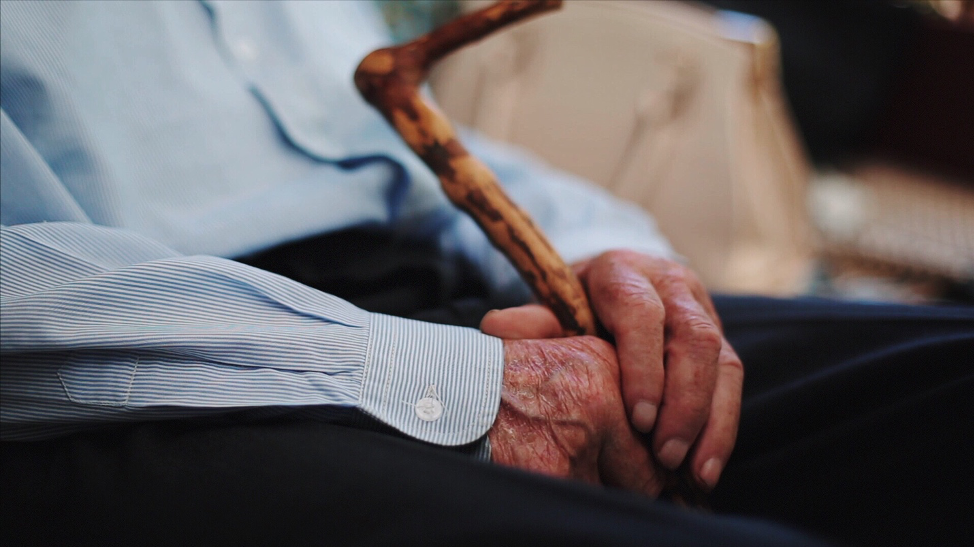A new study conducted using Blue Cross and Blue Shield claims has found that early-onset dementia and Alzheimer’s disease has almost tripled in Americans between the ages of 30 to 64, based on a sample of commercially insured Americans. The report looked at diagnosis rates over a five-year period, marking a 200 percent increase in diagnoses during the study period of 2013 to 2017. To compile the research, a database of 48 million insurance claims was reviewed.
According to the findings, in 2017, 131,000 people were diagnosed with either dementia or Alzheimer’s disease. This equates to 12.6 diagnoses per 10,000 adults during the five-year studied, compared to just 4.2 per 10,000 adults in 2013. Of those diagnosed, the majority were women and the average age of diagnosis was 49.
Looking into the breakdown of the demographics even further, the increases and total diagnoses by specific age groups were as follows: 373 percent in ages 30-44 (19,000 total diagnoses), 311 percent in ages 45-54 (34,000 total diagnoses) and 143 percent in ages 55-64 (78,000 total diagnoses).
While the key focus of this study was looking at diagnosis rates among various age groups, other interesting findings emerged as well. For example, in those diagnosed with early-onset Alzheimer’s disease, 86 percent received brain imaging in the year before they were diagnosed. Additionally, 57 percent filled an antidepressant prescription in the year prior. The study also found that early-onset diagnosis rates are the highest in eastern and southern states, as well as parts of the Midwest. The western states had the lowest diagnosis rates. While there was no indication of the reasons behind the geographical prevalence, these insights open up opportunities for further research.
Although there is no cure on the horizon for Alzheimer’s disease or dementia, every research study conducted gets us closer and helps unlock more clues into the causes of memory impairment. Perhaps even more importantly, we gain more of an understanding of the experience of someone who is diagnosed with every report and study that is published.
The staggering numbers in this particular report indicate that diagnosis rates will only continue to rise, reinforcing the importance of supporting funding of research organizations actively looking for answers. You can purchase a “Dementia Aware” bracelet to support these organizations here. If you’re not able to make a financial contribution, raising awareness is just as important in the search for a cure. Learn more about simple ways to spread dementia awareness here.


